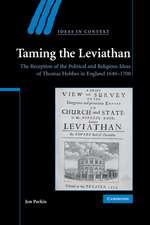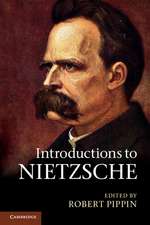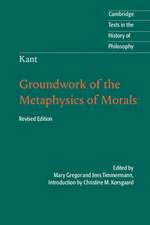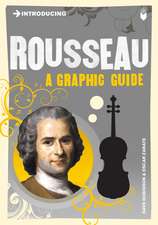Ideas for a Philosophy of Nature: Texts in German Philosophy
Autor F. W. J. von Schelling Traducere de Errol E. Harris, Peter Heath Introducere de Robert Sternen Limba Engleză Paperback – 29 sep 1988
Preț: 452.26 lei
Nou
Puncte Express: 678
Preț estimativ în valută:
86.55€ • 90.03$ • 71.45£
86.55€ • 90.03$ • 71.45£
Carte tipărită la comandă
Livrare economică 14-28 aprilie
Preluare comenzi: 021 569.72.76
Specificații
ISBN-13: 9780521357333
ISBN-10: 0521357330
Pagini: 324
Dimensiuni: 157 x 237 x 28 mm
Greutate: 0.49 kg
Ediția:2
Editura: Cambridge University Press
Colecția Cambridge University Press
Seria Texts in German Philosophy
Locul publicării:New York, United States
ISBN-10: 0521357330
Pagini: 324
Dimensiuni: 157 x 237 x 28 mm
Greutate: 0.49 kg
Ediția:2
Editura: Cambridge University Press
Colecția Cambridge University Press
Seria Texts in German Philosophy
Locul publicării:New York, United States
Cuprins
Introduction Robert Stern; Translators' note; Glossary; 1. Of the combustion of bodies; 2. Of light; 3. Of the air and the kinds of air; 4. Of electricity; 5. Of the magnet; 6. General considerations, as results of the foregoing; 7. On attraction and repulsion in general, as principles of a system of nature; 8. On the fictitious use of these two principles; 9. Some remarks on the mechanical physics of M. Le Sage; 10. First origin of the concept of matter, from the nature of perception and the human mind; 11. Basic principles of dynamics; 12. Of contingent determinations of matter - gradual transition into the domain of mere experience; 13. Philosophy of chemistry in general; 14. Application of these principles to particular topics of chemistry; 15. Projected outline of the first principles of chemistry; Concluding note and transition to the following part; Appendix; Index of names; Index of subjects.
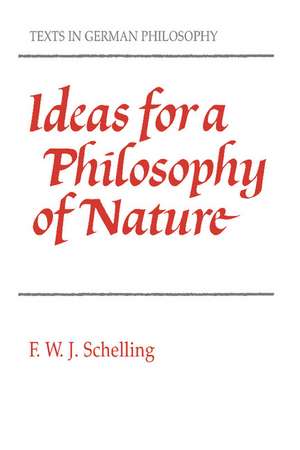




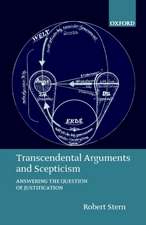
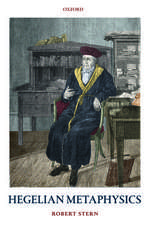

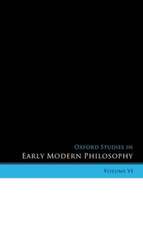

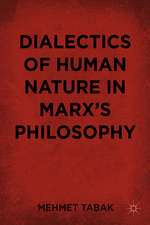
![British Empirical Philosophers (Routledge Revivals): Locke, Berkeley, Hume, Reid and J. S. Mill. [An anthology]](https://i4.books-express.ro/bt/9780415537742/british-empirical-philosophers-routledge-revivals.jpg)
